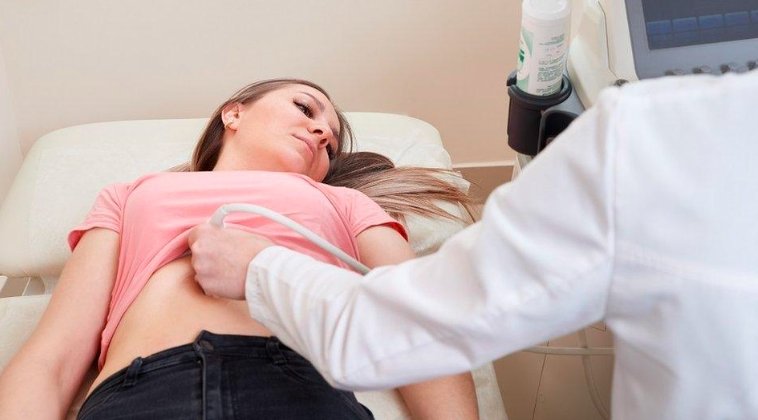The Women’s Health Programme (WHP) has made significant strides in 2024, continuing its commitment to reducing gendered health inequalities and fostering a positive dialogue around women’s health. Delivered in support of the Scottish Government’s Women’s Health Plan (WHP), the programme has focused on raising awareness, challenging stigma, and amplifying women’s voices.
Empowering Women’s Voices
One of the most impactful aspects of the Women’s Health Programme in 2024 was the continued emphasis on women’s lived experiences. Through the WHP Lived Experience Stakeholder Group, women from across Scotland had the opportunity to directly influence policy and service design. This group met regularly, providing feedback on the Women’s Health Plan and helping shape health initiatives in the country. Members were also able to engage with influential figures such as Women’s Health Champion, Professor Anna Glasier, strengthening the connection between grassroots voices and policymakers.

Promoting Evidence-Based Dialogue
Another key component of the programme has been promoting evidence-based discussions about women’s health, aiming to dispel myths and provide clarity. The WHP hosted a series of webinars in 2024, reaching over 500 attendees, where topics like women’s heart health, pelvic floor health, contraception, and reproductive anatomy were discussed. These areas are often underrepresented in public health conversations, and the webinars offered crucial information for women to understand and manage their health better.
Webinar Highlights:
- Women’s Heart Health
- Pelvic Floor Health
- Contraception and Reproductive Anatomy
These webinars were particularly important for women seeking reliable resources to navigate complex health issues.
Community Outreach and Support
Recognizing that some women prefer non-digital options, the Women’s Health Programme expanded its community-based outreach. By collaborating with local organizations such as the Willow Service, MECOPP, and Stirling Council, the programme hosted in-person sessions that allowed women, particularly those facing intersecting inequalities, to access valuable health information. These sessions provided a platform for discussing issues in a more intimate, supportive environment, ensuring that all women, regardless of their background, could engage in these essential conversations.
Resource Creation and Impact
In addition to the webinars and community sessions, the Women’s Health Programme continued to produce high-quality resources to support women’s health. A standout resource was the Women’s Heart Health: Voices of Lived Experience video, which featured three women sharing their personal journeys with heart disease, a subject often underrepresented in healthcare discussions. This video was integrated into NHS Inform, providing a widely accessible resource for women seeking information on heart health.
Other resources created in 2024 included:
- Leaflets on Endometriosis, PMS, and Pelvic Health
- Graphic Collection on Menstruation
- Video Interview with the Woman’s Health Champion
These resources have been crucial in offering information to women across Scotland, ensuring they can access the support and knowledge they need.
Supporting Peer-Led Initiatives
The Women’s Health Programme also saw success with its Conversation Café toolkit, a peer support model designed to foster open discussions about women’s health in communities. In 2024, the toolkit was widely used by various community partners and was even recognized internationally at the International Conference on Integrated Care in Belfast.
Impact and Future Directions
As 2024 concludes, the Women’s Health Programme reflects on its accomplishments, as detailed in the impact report, which captures the key outcomes and lessons learned over the past years. The programme’s continued success underscores the importance of centering women’s experiences, challenging stigma, and providing accessible health resources. The work done in 2024 lays a strong foundation for ongoing efforts to address gendered health inequalities and improve women’s health outcomes in Scotland.


















